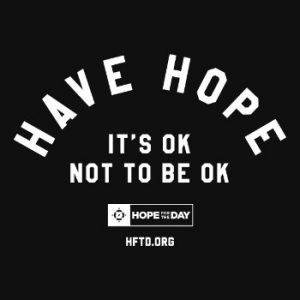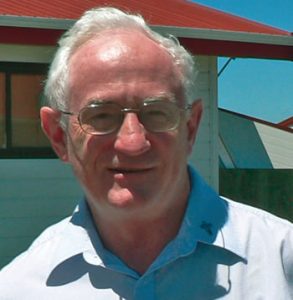Standing Up To Suicide
The statistics:
New Zealand
From July 2017 to June 2018, 668 people died by suspected suicide. It was the fourth year in a row the number had increased, 10 percent more than the previous year’s figure of 606. The dominant age group was 21 to 24 year olds and the largest ethnic group is Māori. At 142, Māori people represent more than 20% of those who took their own lives during this time.
Australia
Suicide remains the leading cause o f death for Australians aged between 15 and 44. 3,128 Australians took their own life in 2017. There were 165 suicides of Aboriginal and Torres Strait Islander people, which was a slight increase on the 162 the year before.
The suicide rate amongst Aboriginal and Torres Strait Islander peoples is more than double the national rate. In 2015, suicide accounted for 5.2% of all Indigenous deaths compared to 1.8% for non-Indigenous people
The causes
Suicides arise out of many causes: loss of a loved one or job, sickness or psychological afflictions – often deep depression. It represents the failure of hope, and depicts a world that has shrunk into a black hole where personal misery has absorbed and obliterated all else. Financial and social ruin may be overwhelming but deep down there’s also spiritual collapse. Suicide states, there is no one out there whose love shines bright enough to overcome my darkness.
The solutions
Some years back one of my students,  who had been a senior public servant, wrote a doctoral thesis on whether Catholic social teaching had anything to offer government policy on areas such as poverty, housing and education. She concluded that government has good direction and aims, yet its efforts are too centralised. It’s too heavily reliant on bureaucratic control in Auckland and Wellington, while large numbers of volunteer groups, local communities and dedicated individuals languish for want of recognition and
who had been a senior public servant, wrote a doctoral thesis on whether Catholic social teaching had anything to offer government policy on areas such as poverty, housing and education. She concluded that government has good direction and aims, yet its efforts are too centralised. It’s too heavily reliant on bureaucratic control in Auckland and Wellington, while large numbers of volunteer groups, local communities and dedicated individuals languish for want of recognition and  funding.
funding.
As Kiwis, one of our engaging qualities is a hands-off attitude – we’re reserved and refrain from butting into other people’s private lives. But when suicide is a possibility, we must learn to change. When depression, talk of death and withdrawal into solitude begin to show on someone’s face, we must stand up – by resort to counsellors, wider family and friends or caring neighbours.
Life is sacred, so warding off senseless death is a duty as well as a blessing.
This article is adapted from the NZ Catholic Enquiry Centre website. It is used with permission
What Does the Church Teach?
About Suicide
The Catechism of the Catholic Church, # 2280 and following says:
We are stewards, not owners, of the life God has entrusted to us. It is not ours to dispose of.
Suicide contradicts the natural inclination of the human being to preserve and perpetuate his life. It is gravely contrary to the just love of self. It likewise offends love of neighbour because it unjustly breaks the ties of solidarity with family, nation, and other human societies to which we continue to have obligations. Suicide is contrary to love for the living God.
Grave psychological disturbances, anguish, or grave fear of hardship, suffering, or torture can diminish the responsibility of the one committing suicide.
We should not despair of the eternal salvation of persons who have taken their own lives. By ways known to him alone, God can provide the opportunity for salutary repentance. The Church prays for persons who have taken their own lives.

 Entries(RSS)
Entries(RSS)